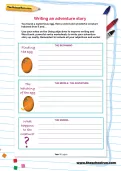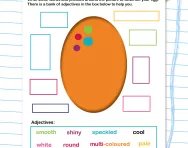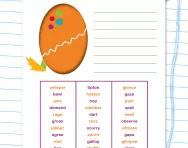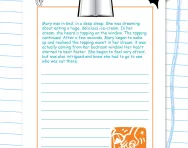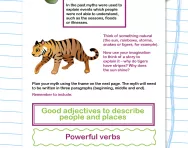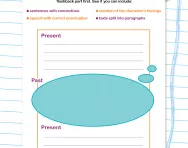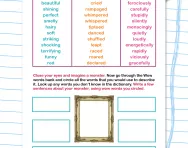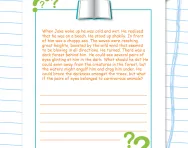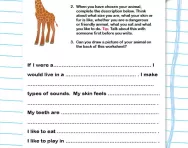Important update from TheSchoolRun
For the past 13 years, TheSchoolRun has been run by a small team of mums working from home, dedicated to providing quality educational resources to primary school parents. Unfortunately, rising supplier costs and falling revenue have made it impossible for us to continue operating, and we’ve had to make the difficult decision to close. The good news: We’ve arranged for another educational provider to take over many of our resources. These will be hosted on a new portal, where the content will be updated and expanded to support your child’s learning.
What this means for subscribers:
- Your subscription is still active, and for now, you can keep using the website as normal — just log in with your usual details to access all our articles and resources*.
- In a few months, all resources will move to the new portal. You’ll continue to have access there until your subscription ends. We’ll send you full details nearer the time.
- As a thank you for your support, we’ll also be sending you 16 primary school eBooks (worth £108.84) to download and keep.
A few changes to be aware of:
- The Learning Journey weekly email has ended, but your child’s plan will still be updated on your dashboard each Monday. Just log in to see the recommended worksheets.
- The 11+ weekly emails have now ended. We sent you all the remaining emails in the series at the end of March — please check your inbox (and spam folder) if you haven’t seen them. You can also follow the full programme here: 11+ Learning Journey.
If you have any questions, please contact us at [email protected]. Thank you for being part of our journey it’s been a privilege to support your family’s learning.
*If you need to reset your password, it will still work as usual. Please check your spam folder if the reset email doesn’t appear in your inbox.
Writing an adventure story
What is a Year 3 child expected to write at primary school?
In Year 3, your child will be developing their writing skills through a variety of engaging and fun activities. Here’s what you can expect and how teachers help them along the way...
Types of Stories
Adventure Stories
- What they write: Stories about exciting quests, journeys, and heroic deeds.
- Teacher's role: Teachers provide prompts like, "Imagine you found a hidden treasure map..." and help children brainstorm ideas and plan their stories with a clear beginning, middle, and end.
Fantasy tales
- What they write: Creative stories set in magical worlds with mythical creatures and fantastical events.
- Teacher's role: Teachers encourage imagination by reading fantasy books in class and offering word banks with magical terms and phrases to inspire their writing.
Personal recounts
- What they write: Descriptive accounts of real-life events and experiences, such as a day at the zoo or a family celebration.
- Teacher's role: Teachers guide children to organise their recounts chronologically and include sensory details to bring their experiences to life.
Non-fiction reports
- What they write: Informative pieces on topics like animals, historical events, or science experiments.
- Teacher's role: Teachers help children gather facts, use headings and subheadings, and present their information clearly and logically.
How do teachers help Year 3 children develop their writing skills?
- Story starters and prompts: Providing beginnings of stories or interesting scenarios to kickstart their imagination.
- Structured planning: Teaching children to plan their stories using story maps or graphic organisers to ensure their writing has a clear structure.
- Word banks: Offering lists of descriptive words and phrases to expand their vocabulary and make their writing more vivid.
- Peer reviews: Encouraging children to share their work with classmates for constructive feedback and new ideas.
- Writing workshops: Regular sessions where children practise different types of writing, from stories to reports, with guidance and support from the teacher.
How will this Year 3 creative writing worksheet help your child?
This Year 3 creative writing worksheet was created by an experienced educator with the aim of helping your child write and develop an adventure story. Your child will given the basic idea, which will ignite their imagination and get the cogs turning! They are provided with a writing plan that they will need to fill out, considering what will happen chronologically.
For more help with creative writing, check out our hub page, or try a new challenge such as our KS2 creative writing toolkit.
